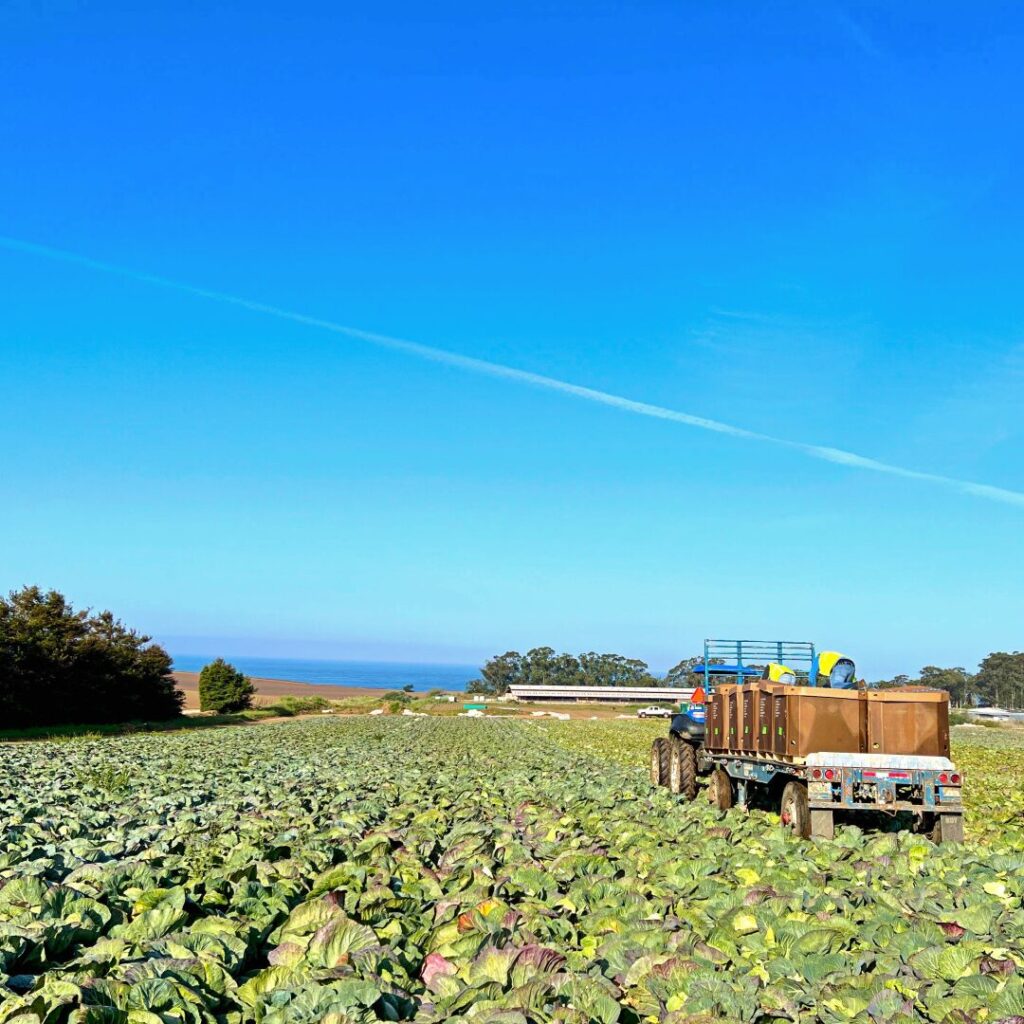
Juneteenth is a celebration—but it’s also a time to reflect on the many ways the U.S. food system is still set up to fail Black people. In the early 1900s, Black farmers made up nearly 15% of the U.S. farming population, but today they’re less than 2% of all producers.
The reasons are many—from the systemic, like structural barriers to entry and limited access to capital and credit, to the discriminatory, like predatory lending practices.
This farmland dispossession, along with supermarket redlining and the resulting diet-related chronic health conditions, has created a system of food apartheid along racially segregated lines.
In 2022, we reaffirmed our commitment to ending food apartheid and continue to work toward a food system that serves everyone. At Misfits Market, we believe food access for all is essential to a truly sustainable future—where everyone can access nutritious food and all food goes to its highest outcome.
There are many organizations doing work to bring equity to a food system that’s long overlooked, oppressed, and exploited Black people—these are just a few we love.
Black Farmer Fund
When Black farmer-activists Karen Washington and Olivia Watkins met at a conference in 2017, they shared their frustrations about the lack of financial assistance available for Black farmers. The result was Black Farmer Fund, an organization that’s created a means for community members to access capital that recognized the historical discrimination of lending and banking that informs the present reality of Black communities.
Soul Fire Farm
Soul Fire Farm is an Afro-Indigenous centered community farm and training center dedicated to uprooting racism and seeding sovereignty in the food system. With deep reverence for the Earth and wisdom of our ancestors, we practice regenerative agroecology, raise and distribute life-giving food, equip the rising generation of BIPOC farmers, and mobilize communities to work toward food and land sovereignty.
National Black Farmers Association
The National Black Farmers Association represents tens of thousands of farmers nationwide. NBFA’s education and advocacy efforts have been focused on civil rights, land retention, access to public and private loans, education and agricultural training, and rural economic development for Black and other small farmers.
Federation of Southern Cooperatives
The goal of the Federation of Southern Cooperatives is threefold—to build a cooperative business, save Black-owned land, and educate legislators and the general public. Together, they organize groups of individuals to form jointly owned and democratically controlled enterprises to meet their common economic, social, and cultural needs.
Northeast Farmers of Color Land Trust
NEFOC Land Trust is a community-led land justice organization dedicated to rematriating land and restoring relationships between people and the places they have cared for across generations. They believe land is not a commodity but a living relative, and their work is rooted in care, reciprocity, and collective power.
As we honor Juneteenth and reflect on the past, we also look forward. Creating a more equitable food system means recognizing the deep injustices that Black farmers have faced and supporting the people and organizations actively working to repair that harm. Whether it’s by learning more, donating, or amplifying their work, we all have a role to play in building a food system rooted in justice, sovereignty, and sustainability.

